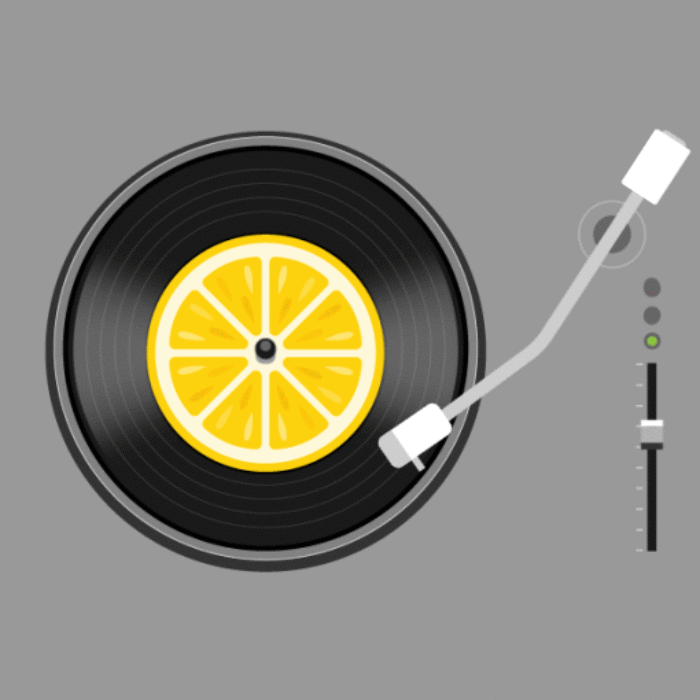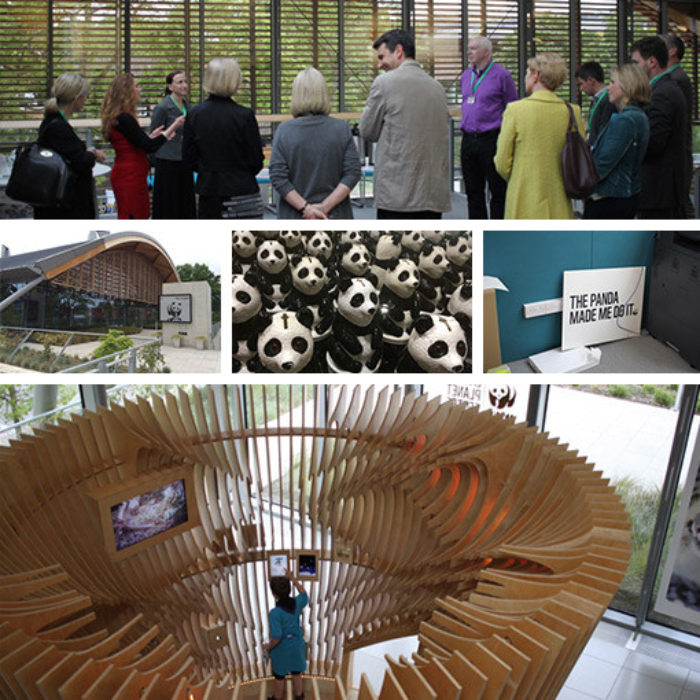Become an innovator (part 3): Embrace the power of ideas
This blog series is exploring the shared characteristics of innovative people and organisations, with a particular focus on what innovators think, feel, believe and do. We’ll also look at how we can all do more to encourage and create innovative workplace cultures.
The third of the characteristics shared by all those with a spirit of innovation is: innovators believe that ideas create markets, and are ready to harness that power.
Everything is an idea
Innovators embrace the power of ideas, because they understand that ideas create markets.
“There is one thing stronger than all the armies in the world,
and that is an idea whose time has come.”
Victor Hugo
The history of people is a history of ideas. Ideas create our reality. We are surrounded by ideas. The TV, the computer, the phone, music, books, tables, chairs, houses, cars, money, language, electric lighting, sport, communities, cities, nations. All are ideas.
Yet there are only two sources for ideas: evidence of human need, and that extraordinary human characteristic, imagination. As Yuval Noah Harari says in his book Sapiens: “Fiction has enabled us not merely to imagine things, but to do so collectively”.
Let’s look at a few sapient ideas…
Farming
Farming is an idea. For 2.5m years, humans were foragers. Then, about 12,000 years ago, they began to cultivate a small number of plants and animals. On the upside, it led to secure food supplies, an increase in population and, most would agree, prosperity and progress. On the downside, half of the fertile land on Earth is now farmland, and “70% of the mass of the birds on the planet are now domestic birds – mostly chickens.”1
Brands
“Any large-scale co-operation… is rooted in common myths that exist only in people’s collective imagination”, says Harari. These myths are ideas that bind us. They may be the idea of a king, an emperor, a president, a state religion, democracy or the market economy. Businesses are acts of collective imagination. As Harari points out, a brand such as car maker Peugeot – a limited liability company – is what lawyers call ‘a legal fiction’. We are strangers that co-operate within the parameters of these imagined ideas.
Money
Money is an idea. And it incorporates three other ideas. The first is the idea of giving everything a value in a currency. The second is a promise based on trust that the money can be exchanged for something else sometime in the future. The third is that money has a value in its own right and can be stored as wealth.
Every market, product, service, brand or organisation sprang from an idea. And those ideas can come from anywhere and anyone…
Everyone an innovator
Innovation is not a cult with a small number of high priests. Everyone innovates. There are over nine million photographs and videos posted on Instagram every day; around 500 hours of videos are uploaded to YouTube every minute. Every one posted by a creator, each innovating in their own way.
Innovators within organisations know this. They don’t see employees as resources to be managed and controlled: they see them as imaginative and innovative. They don’t believe customers are passive recipients of products and services: they believe customers are active participants in their invention and improvement.
It’s time we all embraced this universal source of ideas, whether from colleagues, customers or citizens. Each has the potential to create innovative products, services and markets, and unlock new opportunities for individuals and organisations.
Learn more
As discussed above, this is only the third of a series of planned articles on the characteristics of innovative people and organisations. Part four is coming soon, but in the meantime you can explore the full set in detail, by downloading our free report Innovation for Everyone.
And if you want a chat about how to create a more innovative culture in your organisation, just drop me a line at John.Drummond@How-on-earth.co.uk
Sources:
- Attenborough in ‘A Life on our Planet’, Netflix, 2020, 37m 55s




